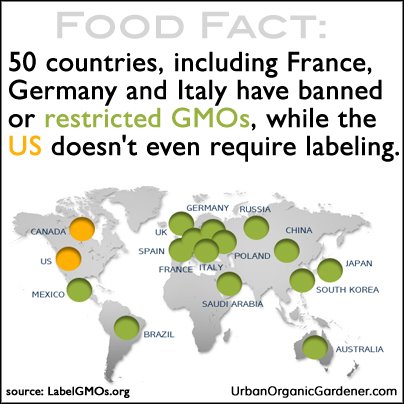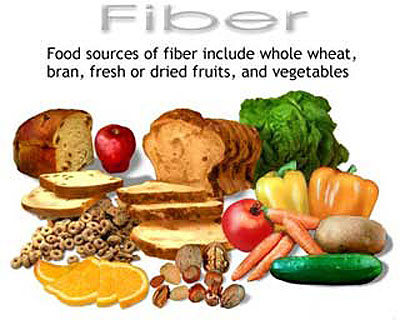Foods With the Most Pesticide Residue

1. Apples- are consistently rank near the top of the annual dirty
dozen list. more than 40 different
pesticides have been detected on apples, because fungus and insect threats
prompt farmers to spray various chemicals on their orchards.
2. Celery-Another perennial food on the dirty dozen list is celery.
It's a good one to commit to memory, since it doesn't fit the three main
categories of foods with the highest pesticide residue (tree fruits, berries
and leafy greens). USDA tests have found more than 60 different pesticides on celery (
Giant Foods carries Organic for $2.99)
3. Sweet bell peppers-Another fruit that usually makes the dirty dozen list because it tends to have high pesticide residue is the sweet bell pepper, in all of its colorful varieties. Nearly 50 different pesticides have been detected on sweet bell peppers.
4. Peaches-Another tree fruit that always makes the dirty dozen list: peaches. more than 60 pesticides have been found on peaches.
5. Strawberries- are always on the list of dirty dozen foods, in part
because fungus prompts farmers to spray, and pesticide residue remains on
berries sold at market. Nearly 60 different
pesticides have been found on strawberries, though fewer are found on frozen
strawberries.
6. Nectarines
– imported-Nectarines, at least imported ones,
are among the most highly contaminated tree fruits. Domestic nectarines don't
test with as much pesticide residue, but overall 33 pesticides have been detected on nectarines.
7.
Grapes-Another perennial entrant on the
dirty dozen list, imported grapes can have more than 30 pesticides. Raisins, not
surprisingly, also have high pesticide residue tests. Makes you wonder about
wine!
8.
Spinach-Leading the leafy green pesticide
residue category is spinach, with nearly 50 different pesticides.
(While frozen
spinach has nearly as many, canned has had fewer detected pesticides.) Also
watch Kale.
9.Cherry
Tomatoes-Tomatoes have been in for some bad
press in the past few years, with exposes like Tomatoland highlighting the
environmental, human and culinary costs of the modern tomato. Alas, cherry
tomatoes show up on the Environmental Working Group's 2013 list of foods with
the most pesticide residue.
10. Cucumbers-Making the 2013 list of foods with the highest pesticide residue: Cucumbers, which have been laced with as many as 35 different pesticides that remain on the skin when it's time for salad-making. Peeling the skin off may reduce your chances of ingesting some of them.
11.
Blueberries – domestic blueberries usually
make the dirty dozen list, since more than 50 pesticides have been detected as
residue on them
12. Potatoes-America's favorite vegetable is the potato; unfortunately, more than 35 pesticides have been detected on potatoes in USDA testing. Sweet potatoes offer a delicious alternative with less chance of pesticide residue.
*****To safely
rinse fruits and vegetables combine in a spray bottle, equal amounts of white
distilled vinegar and water. Spray produce with solution, rub lightly and
rinse with clear water. For softer produce, add equal parts vinegar and water
to a large bowl, add produce and allow to soak for 1 minute, rinse with
water.*****






